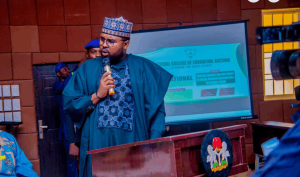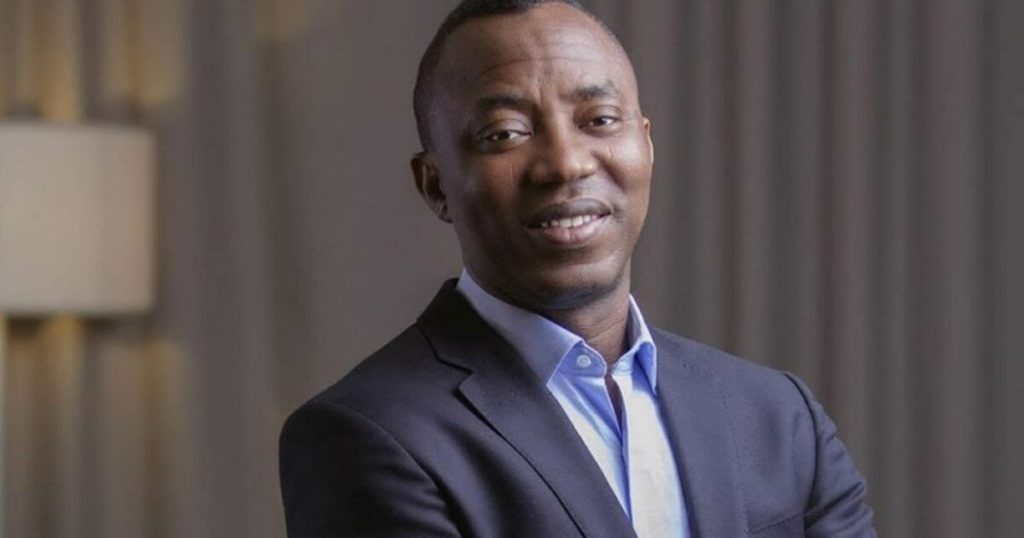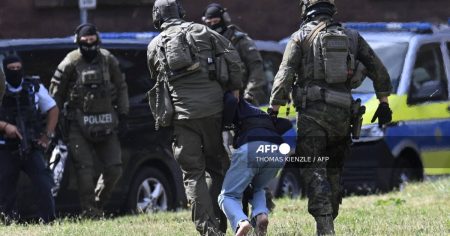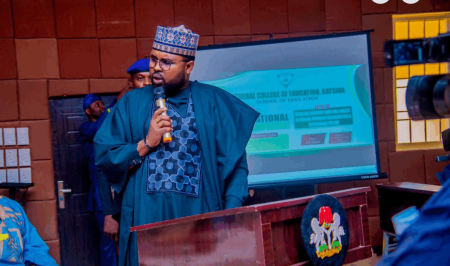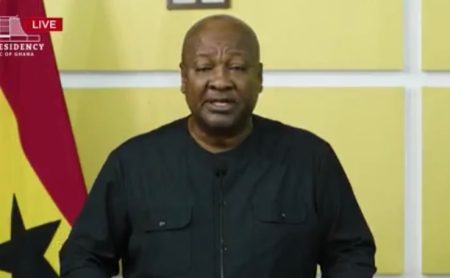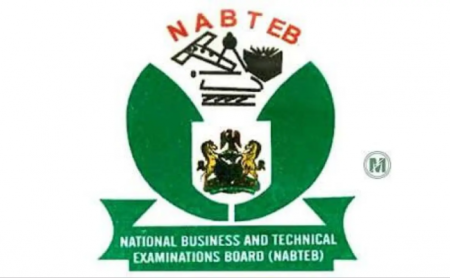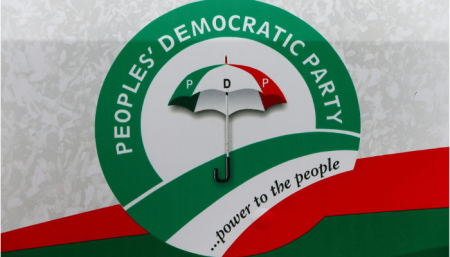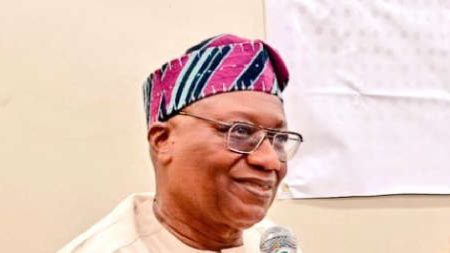Paragraph 1: The Arrest and Subsequent Allegations
Omoyele Sowore, a prominent political activist and former presidential candidate in Nigeria, found himself once again entangled in a confrontation with law enforcement. On Wednesday, August 6, 2025, Sowore responded to an invitation from the Inspector-General of Police Monitoring Unit, a seemingly routine matter. However, the events that unfolded following his arrival painted a starkly different picture. Sowore’s legal representative, Tope Temokun, issued a grave statement the following day alleging that his client had been subjected to inhumane treatment while in police custody. The statement detailed a disturbing narrative of forced relocation, physical injury, and potential exposure to harmful substances, raising serious concerns about the activist’s safety and well-being.
Paragraph 2: A Night of Detention and a Violent Transfer
According to Temokun’s account, what began as a standard police invitation quickly devolved into an ordeal reminiscent of a bygone era of authoritarianism. Sowore, known for his adherence to legal processes, willingly presented himself to the authorities. Instead of due process, however, he was detained overnight. The situation escalated dramatically in the early hours of Thursday morning when Sowore was allegedly forcibly removed from his cell and transported to an undisclosed location. Temokun claims that the manner of this transfer was violent, resulting in a dislocated and severely injured right arm for Sowore. Adding to the gravity of the situation, Temokun’s statement also alleges that a noxious gas was released into Sowore’s holding cell before his removal, raising concerns about a deliberate attempt to harm the activist.
Paragraph 3: Echoes of Past Abuses and Concerns of a “Murder Plot”
The alleged treatment of Sowore immediately drew comparisons to past instances of alleged state-sanctioned violence against political dissidents in Nigeria. Temokun invoked the names of Gani Fawehinmi and Moshood Abiola, two prominent figures who allegedly suffered under harsh conditions while in government custody. By drawing these parallels, Temokun sought to contextualize the current situation, suggesting a pattern of systemic abuse of power. He described the incident as a “calculated attack” and even went so far as to characterize the unfolding events as a “murder plot in disguise.” This strong language underscores the severity of the allegations and the urgency of the situation.
Paragraph 4: An Underground Cell and Fears for Sowore’s Life
Further heightening the tension and anxiety surrounding Sowore’s detention, Temokun revealed information suggesting that the activist had been moved to an underground cell after his forced transfer. This revelation, coupled with the previously alleged physical injury and exposure to noxious gas, significantly amplified the concerns for Sowore’s safety and well-being. Temokun explicitly rejected the possibility that these events were accidental or a result of negligence or incompetence. Instead, he directly accused the police of orchestrating a deliberate attack on Sowore’s health, life, and dignity. This pointed accusation placed the responsibility squarely on the shoulders of the Nigeria Police Force and raised questions about the motives behind such alleged actions.
Paragraph 5: Demands for Release, Accountability, and a Public Apology
In response to the alleged mistreatment of his client, Temokun issued a series of demands to the Nigeria Police Force. First and foremost, he called for the immediate and unconditional release of Omoyele Sowore. He further demanded a public apology from the police for what he characterized as a blatant violation of Sowore’s fundamental human rights and a disregard for his physical safety. Temokun’s statement also included a stern warning, holding the Nigeria Police Force, the Inspector-General of Police, and anyone who ordered these alleged atrocities accountable for any harm that might befall Sowore, both physically and psychologically. This warning served as a public declaration that any consequences resulting from Sowore’s detention would be met with legal and public scrutiny.
Paragraph 6: The Police Response and Continued Uncertainty
Efforts to obtain an official response from the Nigeria Police Force regarding the allegations surrounding Sowore’s detention proved initially unsuccessful. Muyiwa Adejobi, the Force Public Relations Officer, promised to return a call seeking comment but had not done so by the time the initial report was filed. This lack of immediate response contributed to the growing uncertainty and concern surrounding the situation. The absence of an official statement from the police left a void of information, allowing speculation and anxiety to fester. The silence from the authorities only served to reinforce the urgency of the situation and the need for transparency and accountability.




